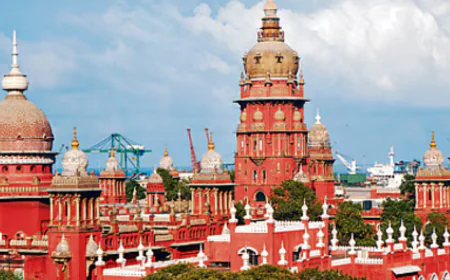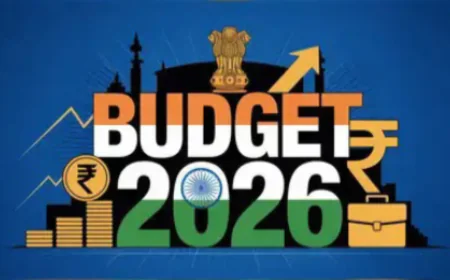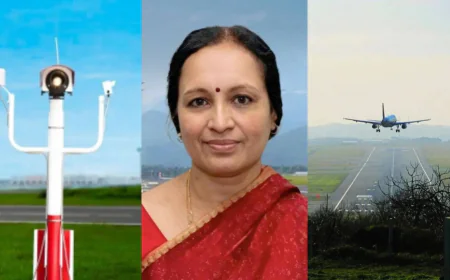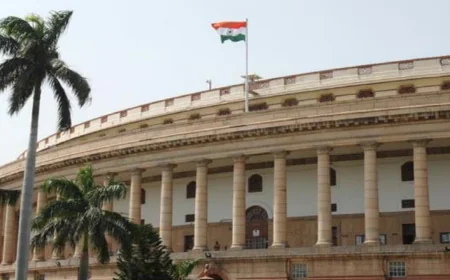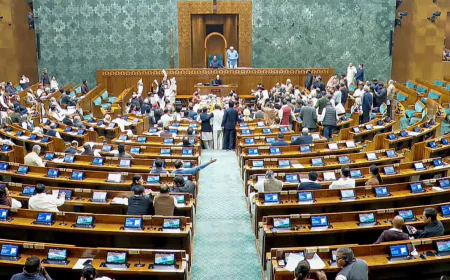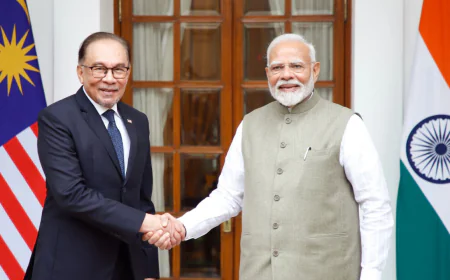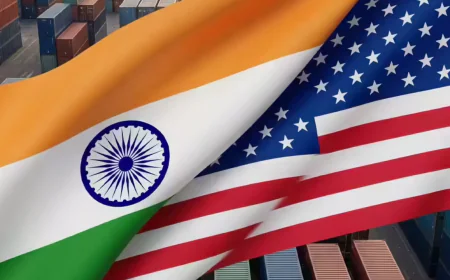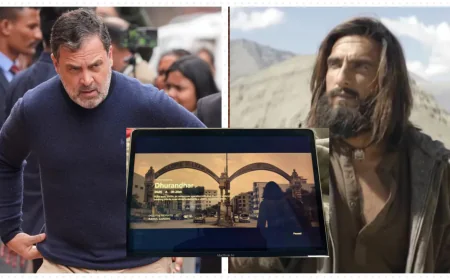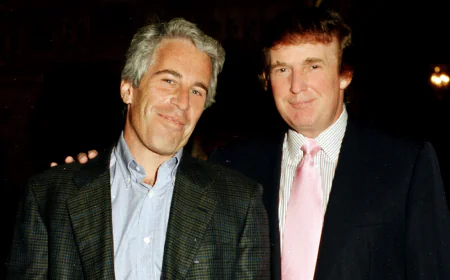China Warns India Against Interfering in Dalai Lama Succession Debate
Tensions rise as China warns India over its support for the Dalai Lama’s right to choose his successor. India reaffirms religious freedom, while Beijing accuses it of meddling in internal affairs.

China has sent a strong message to India, telling it not to get involved in the sensitive problem of the Dalai Lama's succession, which has caused tensions between the two Asian giants to rise again.

An Indian minister confirms the Dalai Lama's Authority
Kiren Rijiju, an Indian minister, spoke out in support of the Dalai Lama's spiritual authority on July 4. He said that only the Dalai Lama or his organisation, the Gaden Phodrang Trust, can choose his replacement. Rijiju said that this choice should not be affected by any other government or group. This echoed the views of millions of Tibetan Buddhists around the world.
This happened after the Dalai Lama made it clear on July 2 that his reincarnation would not happen in China and that his replacement would be chosen through traditional methods overseen by his trust.
China Gives a Sharp Answer
Quickly, Mao Ning, a spokesman for China's foreign ministry, said that problems related to Tibet are China's internal matters. She told India to be careful with what they say and do and not back "anti-China separatist activities" that have to do with the Dalai Lama.
Beijing says it is the only country that can approve or recognise the next Dalai Lama. Any outside comment on the subject is seen as an attack on Beijing's sovereignty.
India Stands Up for Religious Freedom
In answer, India's Ministry of External Affairs kept a diplomatic, neutral tone. India's spokesperson, Randhir Jaiswal, made it clear that the country does not get involved in religious affairs. He also reaffirmed India's dedication to religious freedom, stressing that choices about spiritual matters are private and holy.
A Flashpoint for a Long Time
Since he was forced to leave Tibet in 1959, India has been home to the Dalai Lama. The Indian government does not publicly recognise the Tibetan government-in-exile, but it has given the Dalai Lama and thousands of Tibetan refugees a safe place to live. China and the US have had trouble with this for a long time.
Even though talks between the two countries got a little better after the 2020 border incident, sensitive topics like the Dalai Lama's succession could cause problems again.
What's to Come
Now that the Dalai Lama is 90 years old, the question of who will take over as leader is no longer just an idea. India is now walking a fine line between backing religious freedom and starting more diplomatic problems. In the coming years, the area will have to show how well it can separate religious issues from political ones.


